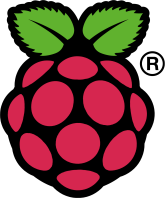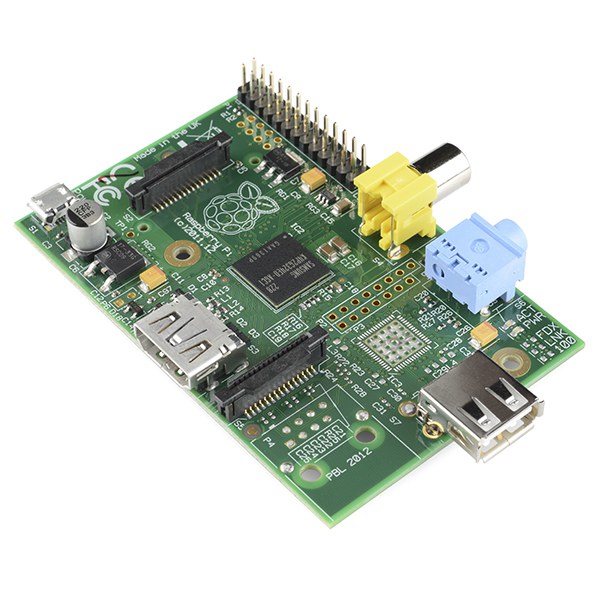 The Raspberry Pi is a capable small single-board computer developed by the Raspberry Pi Foundation (based in UK). Initially its aim was to decrease computer’s price and in such a way promote learning of basic computer science in schools and enable people/organisations with low income/budget to afford computer. The Raspberry Pi achieved this aim and now it is cheap (25-35$) and very popular among programmers and all kinds of institutions.
The Raspberry Pi is a capable small single-board computer developed by the Raspberry Pi Foundation (based in UK). Initially its aim was to decrease computer’s price and in such a way promote learning of basic computer science in schools and enable people/organisations with low income/budget to afford computer. The Raspberry Pi achieved this aim and now it is cheap (25-35$) and very popular among programmers and all kinds of institutions.
The Raspberry Pi can be used for a wide range of functions and electronic projects, including work with spreadsheets and word-processing, playing games and high-definition video. The Raspberry Pi doesn’t limit programming capabilities to any particular language, though the Raspberry Pi Foundation recommends Python as a language for learners. Several languages (C, C++, Java, Scratch, Ruby and the Wolfram Language) are installed by default, but users are free to experiment.
Hardware & Software used in the Raspberry Pi
 The Raspberry Pi is very little in size - like credit card. Currently there are available two models: A and B. Model A has one USB port and no Ethernet controller, though external user-supplied USB Ethernet or Wi-Fi adapter are an option. Model B costs more, since it has two USB ports and a built-in 10/100 Ethernet controller. Both models are compatible with keyboard and mouse.
The Raspberry Pi is very little in size - like credit card. Currently there are available two models: A and B. Model A has one USB port and no Ethernet controller, though external user-supplied USB Ethernet or Wi-Fi adapter are an option. Model B costs more, since it has two USB ports and a built-in 10/100 Ethernet controller. Both models are compatible with keyboard and mouse.
The only element that the Raspberry Pi really lacks is a real-time clock, because its installation would significantly increase the computer’s price. There are alternative options: either use a network time server in OS, or add real-time clock with battery backup via the I²C interface. In other way, system would ask the user to set time information during booting in order to configure file time and date stamping.
As for OS, The Raspberry Pi primarily uses Linux kernel-based operating systems and there are several official distributions (e.g. Raspbian, Debian GNU/Linux, Pidora, RaspBMC, OpenELEC, RISC OS, Arch Linux ARM, Fedora, Gentoo, FreeBSD, NetBSD, Plan 9, Openwrt) available for the Raspberry Pi. To simplify this issue developers created the New Out Of Box System (NOOBS) installer, that aids during the process of distribution’s download and installation. The recommended system is Raspbian, which is specially developed for the Raspberry Pi and is optimised specifically for the Raspberry Pi hardware.
Want to learn programming, but not to destroy expensive PC? Want to receive cheap but powerful solution for electronic project? The Raspberry Pi was developed specifically for this purposes.
